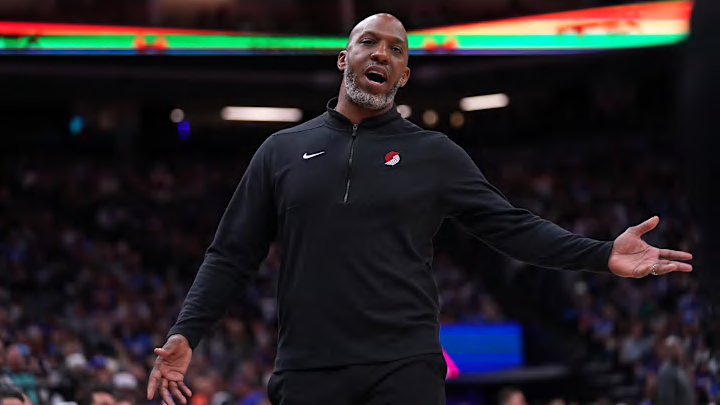On July 25, 2017, the Portland Trail Blazers traded Allen Crabbe to the Brooklyn Nets. In exchange, they received Andrew Nicholson. Nicholson didn't play a single game with the Blazers, as he was waived shortly after. Portland decided to use the stretch provision on Nicholson's contract. Instead of owing him the three years, $20 million remaining on his contract, the Blazers wanted to take on less luxury tax ramifications, stretching out the deal for $2.8 million annually over seven years. They are finally free of the contract!
Blazers finally off the books for Andrew Nicholson
Also received in the deal was a $12.9 million trade exception. That was great in theory but ultimately was never used, expiring a year later. At the time, Neil Olshey was the Blazers' President of Basketball Operations. Olshey's myopic decision to stretch Nicholson's contract hindered Portland's long-term flexibility. Still, the decision that had the most significant negative impact on the Blazers was what caused them to trade for Nicholson in the first place - the Allen Crabbe contract.
The Allen Crabbe conundrum
The previous offseason, the Nets signed Crabbe to a four-year, $75 million offer sheet, but he was a restricted free agent, and the Blazers decided to match it. As a result, they had to wait a whole year to trade Crabbe to Brooklyn. The Blazers inexplicably signed Crabbe to the substantial contract despite him coming off the bench; Portland had the star duo of Damian Lillard and CJ McCollum in the backcourt. He averaged only 10.7 points and 1.2 assists per game in the 2016-17 season, making his $18 million-a-year contract a negative trade asset that teams didn't want to take on.
Apparently, Andrew Nicholson was the best the Blazers and Olshey could get back in terms of dumping Crabbe's salary. Nicholson didn't play in the NBA after Portland stretched his contract, averaging six points and three rebounds per game in his five NBA seasons before the trade. Although Nicholson hasn't been in the NBA for seven years, he still plays professionally in China for the Guangzhou Long-Lions.
Regarding this offseason, the Blazers are now under the luxury tax after trading Malcolm Brogdon. However, getting off of Nicholson's $2.8 million annual burden will still help provide more financial flexibility moving forward.
